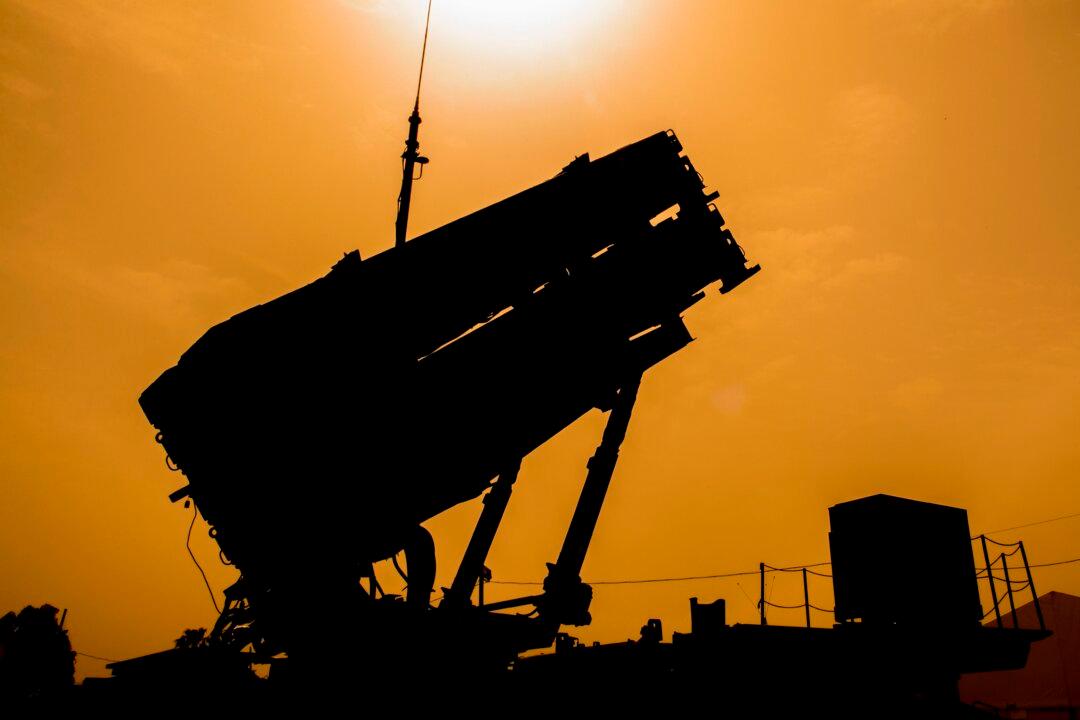Russia has warned the United States against equipping the Ukrainian military with Patriot air-defense missile systems, saying such a move could lead to “unpredictable consequences.”
“An information campaign has been launched in the United States about alleged preparations for sending cutting-edge air-defense systems to Kyiv,” the Russian Embassy in Washington said in a Dec. 15 statement.





